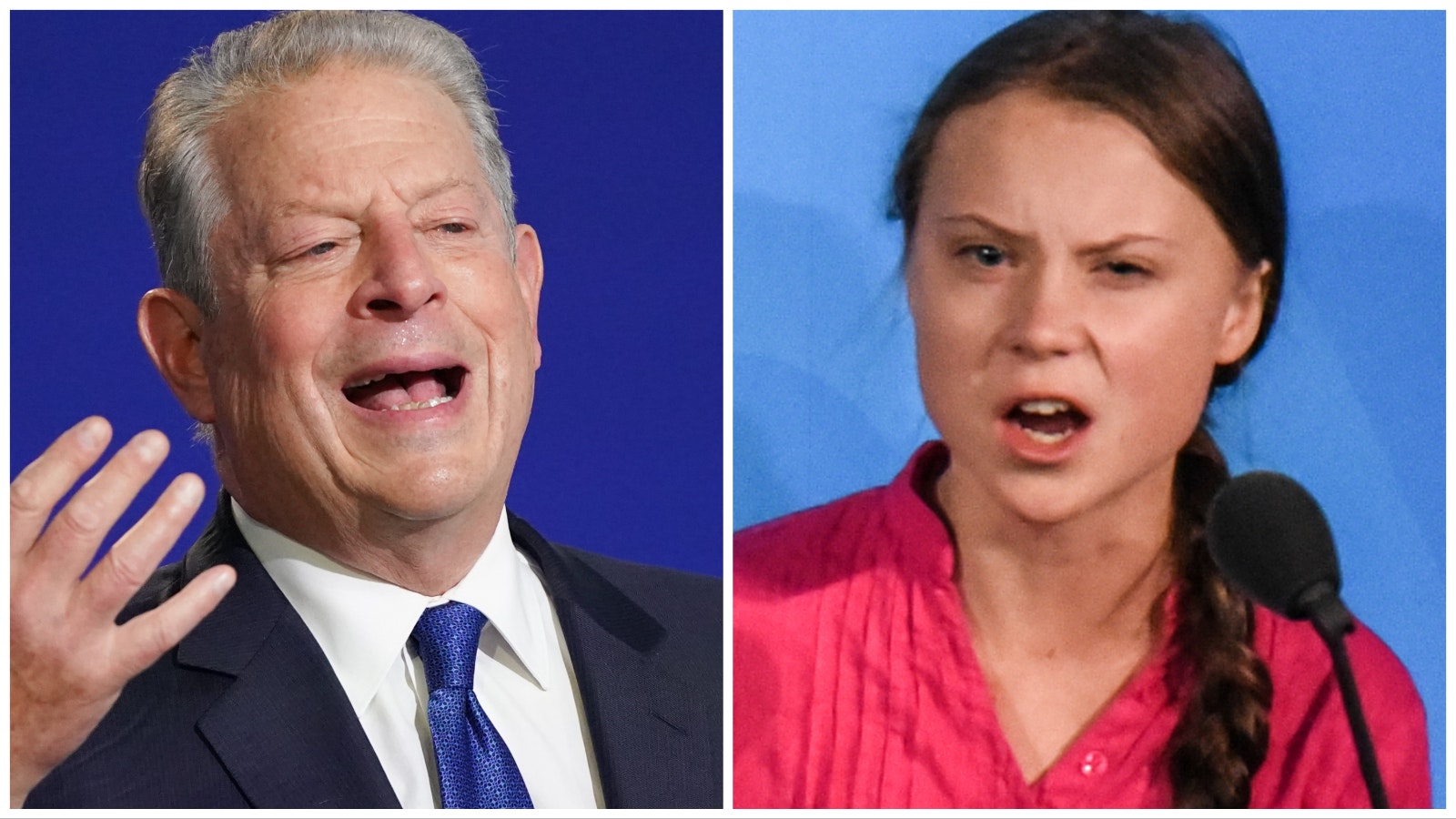A new poll shows that fewer Americans think climate change is caused by humans, and they’re less likely to be willing to spend any money to address it than they were in previous years.
The poll, which was conducted by the Energy Policy Institute of the University of Chicago in partnership with the Associated Press, found that the number of Americans in recent years who believe climate change is happening remained steady at 74%, but those who believe it’s mostly or entirely caused by people declined from 61% in 2018 to 49% this year.
Of those polled, according to a press release by the polling organization, “just” 38% said they would be willing to pay a $1 monthly fee to address it, which is down 14 percentage points from 2021. “Only” 20%, the release stated, would support a $100 monthly fee to fight climate change.
Likely Bias
Sen. Cale Case, R-Lander, told Cowboy State Daily he hadn’t seen the poll, but he said these kinds of surveys in economics often have a bias. Case, who has a Ph.D. in economics and natural resource economics from the University of Wyoming, explained that these payments are hypothetical. So people often overstate how much they’d be willing to pay, because they don’t actually have to pay it.
While people may support an energy transition in theory, Case said, they might have a different opinion when they realize the increased cost.
While wind and solar are reportedly cheaper, that doesn’t factor in the associated cost with placing them on the grid, which requires building out a lot more solar farms, wind farms, transmission lines, and battery facilities to accommodate the intermittency of renewable sources.
“It’s not going to be cheap,” Cale said.
Inch-Deep Support
Dr. H. Sterling Burnett, director of the Heartland Institute’s Arthur B. Robinson Center on Climate and Environmental Policy, told Cowboy State Daily that the poll reflects the findings of other polls.
While people may answer poll questions saying they’re worried or very worried about climate issues, they’re usually not inclined to spend money to address it. They also rank climate change low in relation to other issues, such as education or crime.
“That tells me that concern about climate change is a mile wide and an inch deep,” Burnett said.
In 2022, the polling firm Rasmussen conducted a poll on behalf of the Heartland Institute. It found that 30% of voters believe that climate change is “very likely” to be catastrophic, while 82% indicated they were “very” or “somewhat concerned” about rising energy and gas prices under the Biden administration.
“While the so-called climate crisis may not be ringing many alarm bells among most voters, the survey shows high energy prices certainly are,” Burnett wrote in an article on the poll.
Rubber Hitting The Road
Polls that ask questions of where Americans rate climate change against other issues or how much they’re willing to spend to fight it, Burnett said, are much more revealing than polls asking if people are or are not concerned about climate change.
“That’s where the rubber hits the road,” Burnett said. “I’ve come to believe that they’re not really concerned about climate change. It’s what they think people want to hear, or it’s what they want to think about themselves.”
The declining support for action against climate change when coupled with spending money is also reflected in growing opposition to wind farms.
Energy expert Robert Bryce keeps a database on rejections of wind and solar projects, and the data shows that opposition is growing every year as more wind and solar farms are built. Much of it happens at the local level by people who will have the projects within their viewshed.
“It's easy to support something when you're not the one going to be bearing the burden. People in New York City think wind energy is wonderful because they won't have the wind turbines looming over them,” Burnett said. “They won't suffer the health effects. They want it built in flyover country and string the wires to them and use eminent domain to take the land.”
Buzzwords
Rep. Cy Western, R-Big Horn, told Cowboy State Daily that the poll demonstrates that pushback against the transition to wind and solar energy is likely to grow as more states experience the same energy prices and reliability issues that California has.
According to the U.S. Energy Information Administration, California, which leads the country in wind and solar, has the highest retail electricity rates in the country, after Alaska and Hawaii.
Western said the costs will hit those hardest who can least afford it.
“The liberal left talks about a just energy transition, and all those buzzwords sound good. But the reality is this: Guess who gets the short end of the deal? It’s poor people,” Western said.
Western said that delivering an affordable and reliable energy supply was one of the great achievements of America.
“Then all of the sudden, we want to start going backwards. We can have all the solar power you want and all the wind generators you want, but we cannot produce electricity at scale, at cost, at the same reliability levels as coal, oil, natural gas and hydro,” Western said.





